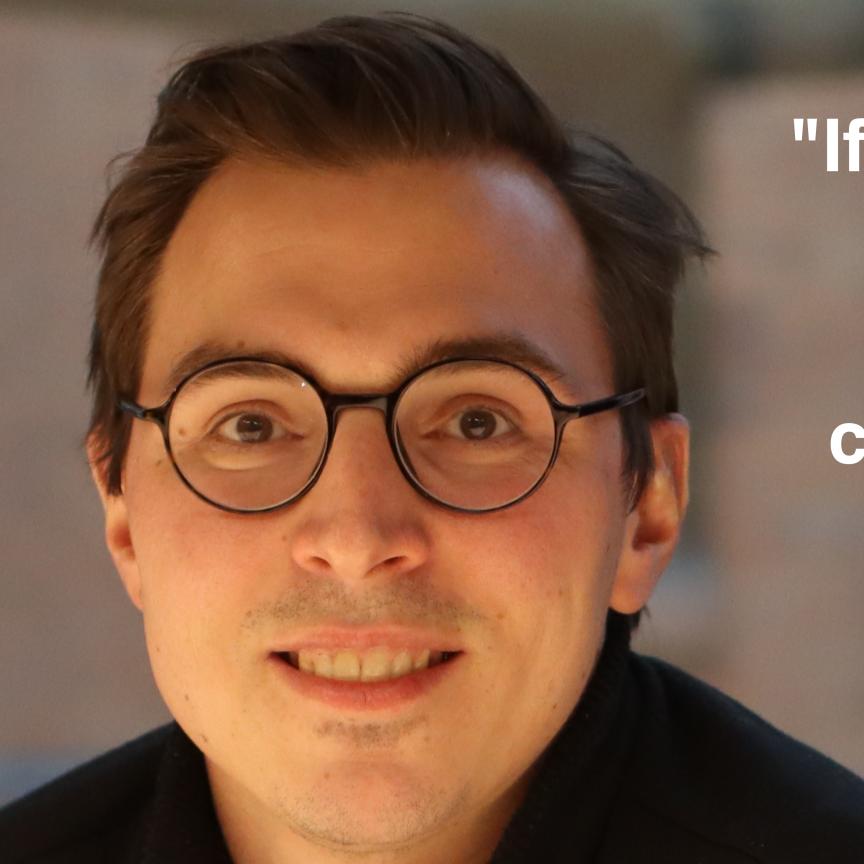How did you come to be part of the imaging/machine vision industry?
I was a student at Padua University in Italy, where my main area of study was bi-dimensional signal filtering. It was heavily mathematical, and ultimately it brought me into contact with the field of artificial vision. After my studies, I set up Microtec with two associates – one an expert in optics, the other an expert in business. That was in 1980, when the vision industry was just beginning.
How do you convince customers that they need machine vision?
We operate in a very specific niche – that of wood inspection. We are based in the north of Italy, and the timber industry is prevalent in this area. Naturally, the first market in which we looked to apply our vision technology was in this industry, and more broadly, that of biological material inspection.
When we first started, the use of artificial vision in the timber industry was unheard of. However, we were able to show potential customers that, while artificial vision can never be 100 per cent accurate, it offers a significant improvement over humans. We can show them how easy a system is to operate once it’s installed, and that it can operate 24/7 without interruption.
Most importantly, however, we can show customers what a significant effect the installation of a vision system can have on their bottom line, in terms of efficiencies and cost savings.
What role does Europe have in the development of machine vision?
I think Europe is in a very strong position in the vision market. Even though we operate in a niche, we sell our solutions worldwide, meaning customers around the world see the value and quality of our products.
The reasons for this are that our universities provide a constant stream of academic talent that can be applied to artificial vision. There are also several companies providing high-quality components throughout Europe, such as optics and lighting. For certain applications, such as those that require a very fast scan rate, I would say that only Europe can provide the quality of components required.
What do you see as the major growth sectors?
There is still a long way to go in terms of turning theories into practice, and nobody has yet developed a ‘final solution’ for vision technologies. But there are applications that exist now that may drive other applications. For example, the automotive industry has begun to use vision to supply vehicles that have devices, such as automated speed limit recognition, based on vision technology. Once other industries see that these types of solutions are enabled by artificial vision, we may see rapid growth in application areas that we hadn’t previously considered.
What do you see as the most important technological challenges facing the industry?
Our industry has gone just about as far as it can go in terms of the quality of optics, the speed of the camera and the resolution of the image. What we really need to tackle is cognition. As previously mentioned, there are a lot of theories, and until we tackle the issue of cognition – i.e. the ability to not just capture an image, but analyse and interpret it in an intelligent way – they will remain just that – theories. Replicating the brain’s functions and all the judgements it can make is the ultimate aim.
What do you see as being the most significant commercial change in the industry during the years ahead?
The price of image detection is influenced by the consumer industry. For example, vision technology has been integrated into many consumer devices, such as mobile phones and video games. The more the technology is used, components should be able to be produced cheaper and faster.
It’s not just the price of the components. Consumer markets are very competitive, and that means that cutting edge product development is ongoing. Allied industries, such as artificial vision, can benefit from technical advances made in the consumer field and apply them to their own fields.


